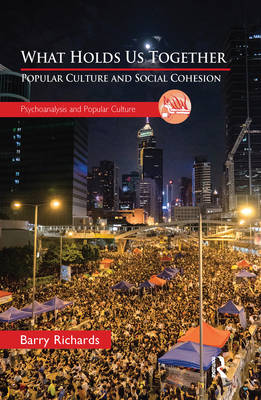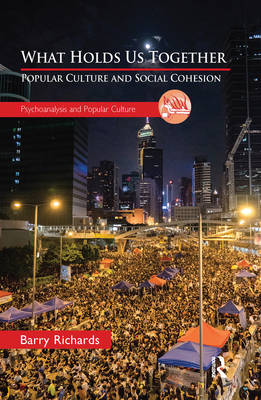
- Afhalen na 1 uur in een winkel met voorraad
- Gratis thuislevering in België vanaf € 30
- Ruim aanbod met 7 miljoen producten
- Afhalen na 1 uur in een winkel met voorraad
- Gratis thuislevering in België vanaf € 30
- Ruim aanbod met 7 miljoen producten
Zoeken
Omschrijving
Faced by the increasing divisiveness and volatility of electoral politics, and the rise of illiberal fundamentalisms, the social sciences may seem to lack the imagination necessary to make sense of the world. In this unusual book of political psychology, based on the idea that we hold ourselves together through a combination of restraint and release, the author draws on psychoanalysis and its creative interpretations of everyday experience to consider the current malaise of politics in relation to the huge vitality of popular culture. In a wide-ranging analysis, that links topics as diverse as our experience of public utilities, the rise of counselling, and the weakened impact of sexual scandal, he concludes with the proposal that a reconstruction of nationalism could make an important contribution to the renewal of democratic politics.
Specificaties
Betrokkenen
- Auteur(s):
- Uitgeverij:
Inhoud
- Aantal bladzijden:
- 132
- Taal:
- Engels
- Reeks:
Eigenschappen
- Productcode (EAN):
- 9780367102647
- Verschijningsdatum:
- 5/07/2019
- Uitvoering:
- Hardcover
- Formaat:
- Genaaid
- Afmetingen:
- 157 mm x 231 mm
- Gewicht:
- 362 g

Alleen bij Standaard Boekhandel
+ 351 punten op je klantenkaart van Standaard Boekhandel
Beoordelingen
We publiceren alleen reviews die voldoen aan de voorwaarden voor reviews. Bekijk onze voorwaarden voor reviews.











